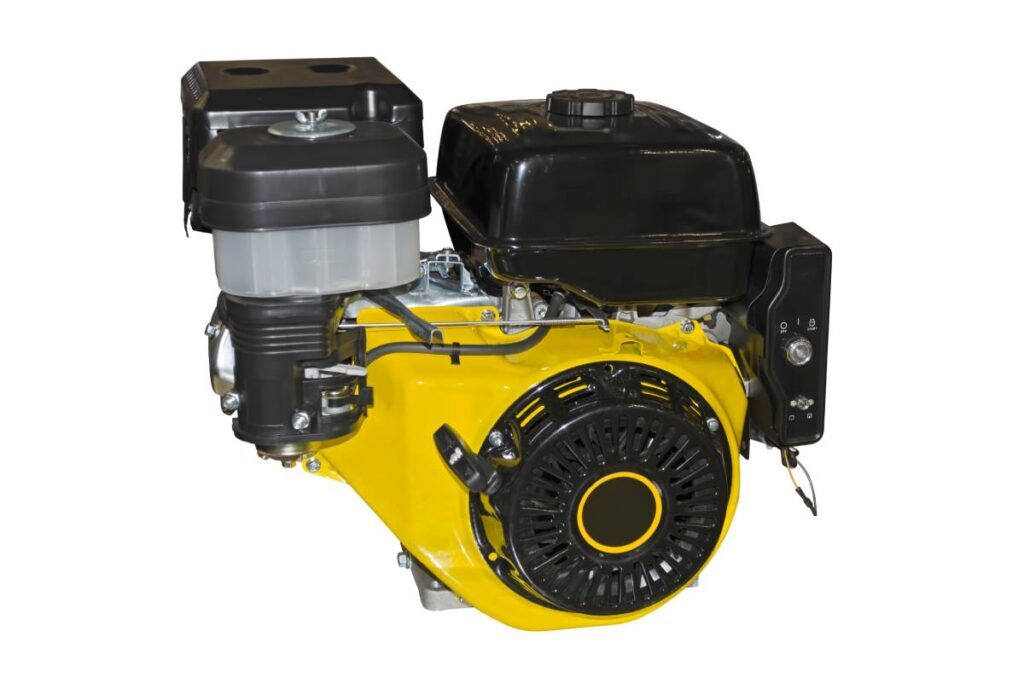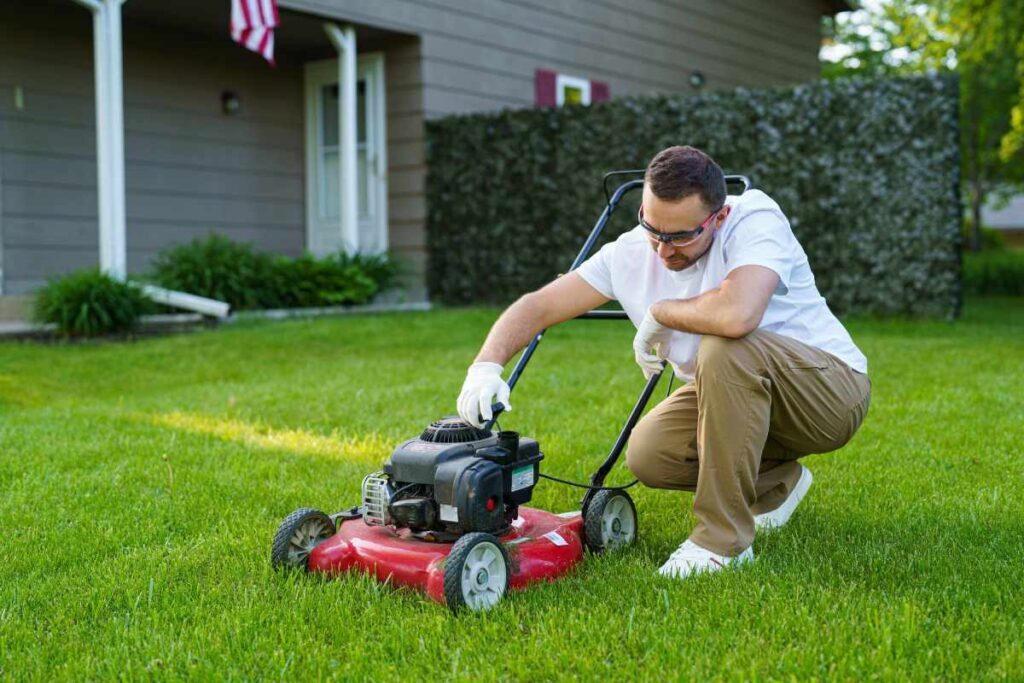Why Is Non-Ethanol Gas Better for Small Engines?


TL;DR:
Non-ethanol gas is better for small engines because it prevents corrosion, improves performance, and lasts longer in storage. Ethanol in gas absorbs moisture, leading to engine damage and costly repairs. If you use lawn equipment, generators, or ATVs, choosing ethanol-free fuel can keep your machines running smoothly and reliably.
Small engines power everything from lawn equipment and motorcycles to ATVs and generators. But when it comes to fueling these machines, not all gas is created equal. A common question many users ask is: “Is non ethanol gas better for small engines?” The short answer is yes—non-ethanol gas is typically a better choice. In this post, we’ll explore why.
Ethanol is a type of alcohol added to fuel to meet environmental standards and reduce carbon emissions. It’s derived mostly from corn and other plant materials and is considered a renewable fuel under the Renewable Fuels Standard in the United States.
Most gas stations today sell ethanol blended gasoline, with common blends being E10 (10% ethanol) or higher. While this works well in modern cars, it poses issues for smaller engines.
Unlike cars, small engines are not designed to handle ethanol. The alcohol content in ethanol blended fuel attracts moisture from the air. Over time, this leads to phase separation, where the ethanol and water settle at the bottom of the fuel tank, causing corrosion and poor combustion.
Let’s break down the major differences between ethanol vs non ethanol gas:
One of the most significant non ethanol gas benefits is that it helps protect the fuel line and carburetor. Ethanol can cause rubber and plastic components in older or smaller engines to deteriorate over time. Non ethanol fuel, by contrast, is gentler on these components and helps prolong their lifespan.
Using ethanol free gas minimizes carbon deposits, clogs, and residue in your engine. This means less frequent cleaning, fewer repairs, and fewer headaches.
Many users notice that their equipment runs more smoothly and starts easier when using non ethanol fuel. That’s because it burns cleaner and delivers a higher octane performance—especially beneficial for 2-stroke and 4-stroke power equipment.
How long does non ethanol gas last? It can typically be stored for up to six months or even longer with proper stabilization. Ethanol blends, on the other hand, start to degrade within 30–60 days. That makes ethanol free fuel a smarter choice for equipment that sits unused for long periods.

At gas stations, you’ll generally find three options:
Be sure to check the pump label. Some stations offer ethanol free gas as “Recreational Fuel” or “Marine Fuel.”
Not all machines require ethanol free fuel, but many benefit from it. These include:
If your machine is used occasionally or sits idle for long stretches, using non ethanol fuel can prevent costly repairs down the road.
That depends on how you look at it.
Supporters of ethanol point to its renewable fuel status and potential to reduce greenhouse gas emissions. However, non-ethanol fuel is often more energy-dense and efficient, which means your equipment may use less of it to achieve the same output.
Also, when small engines malfunction due to ethanol-related issues, they may release more pollutants. So while ethanol blended gasoline is greener in theory, it’s not always cleaner in practice—especially for small engines.
While ethanol blended fuel dominates the market, ethanol free gas is still available. In the United States, look for:
Keep in mind that non ethanol gas is often more expensive—sometimes by $0.50 to $1.00 more per gallon—but the maintenance savings and performance boost can easily outweigh the extra cost.
While non ethanol fuel has many advantages, there are a few things to consider:
Still, for most small engine users, the benefits outweigh the minor inconveniences.
To get the most out of your fuel:
So, is non ethanol gas better for small engines? Absolutely.
While ethanol blended gasoline has a place in today’s energy landscape, ethanol free fuel remains the top choice for anyone using small engines that need reliability, longevity, and fewer maintenance issues. Whether you’re powering up a chainsaw, mower, or ATV, using pure gasoline can extend the life of your gear and help you avoid unnecessary repair bills.
If you’re serious about your power equipment, consider making the switch to non-ethanol gas today.
Disclaimer: While we endeavor to keep the information on our blog up to date and correct, Maxtrade (Coolster) makes no representations or warranties of any kind, express or implied about the completeness, accuracy, reliability, suitability, or availability with respect to the website or the information, products, services, or related graphics contained on the website for any purpose. Any reliance you place on such material is therefore strictly at your own risk.
Register